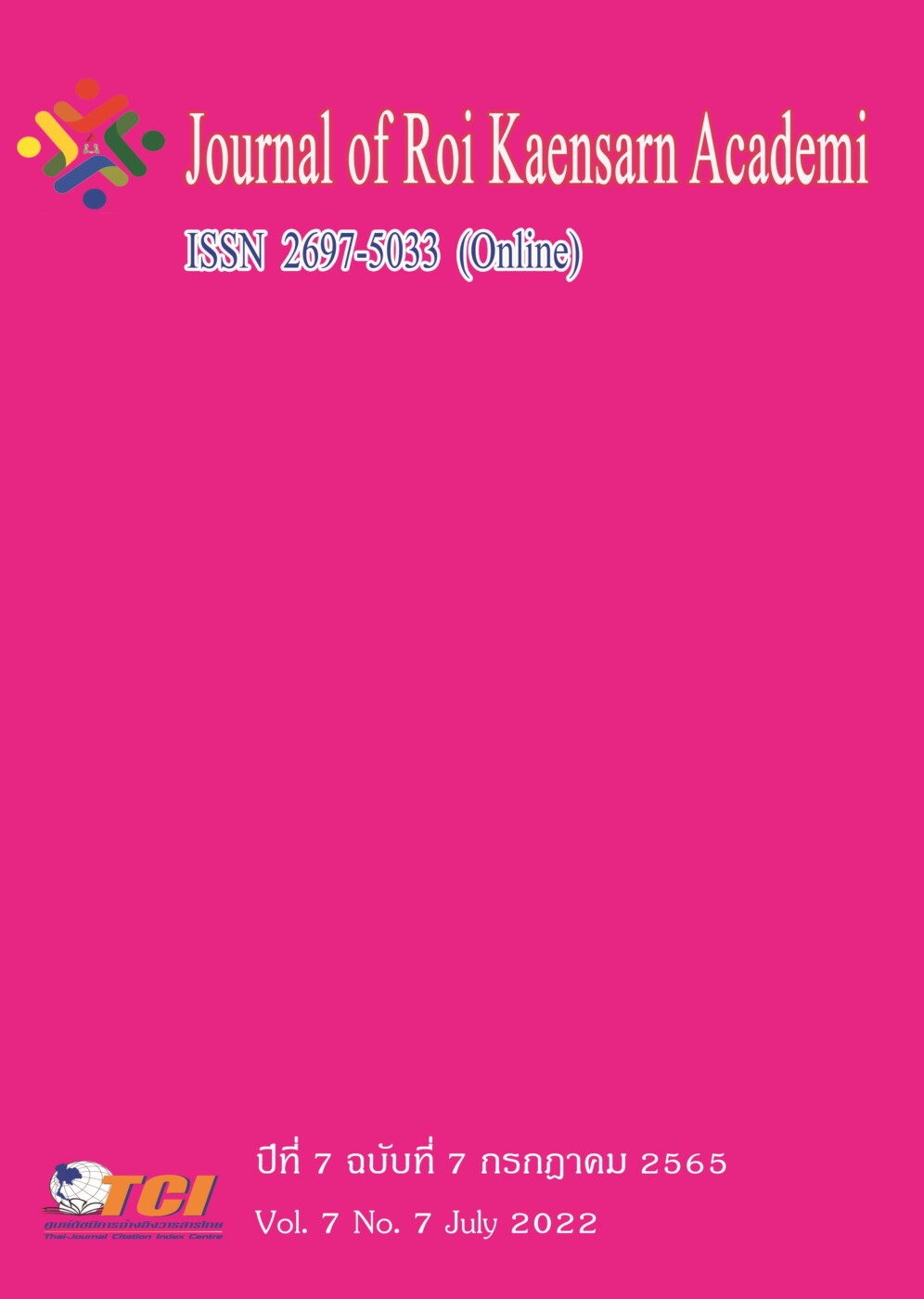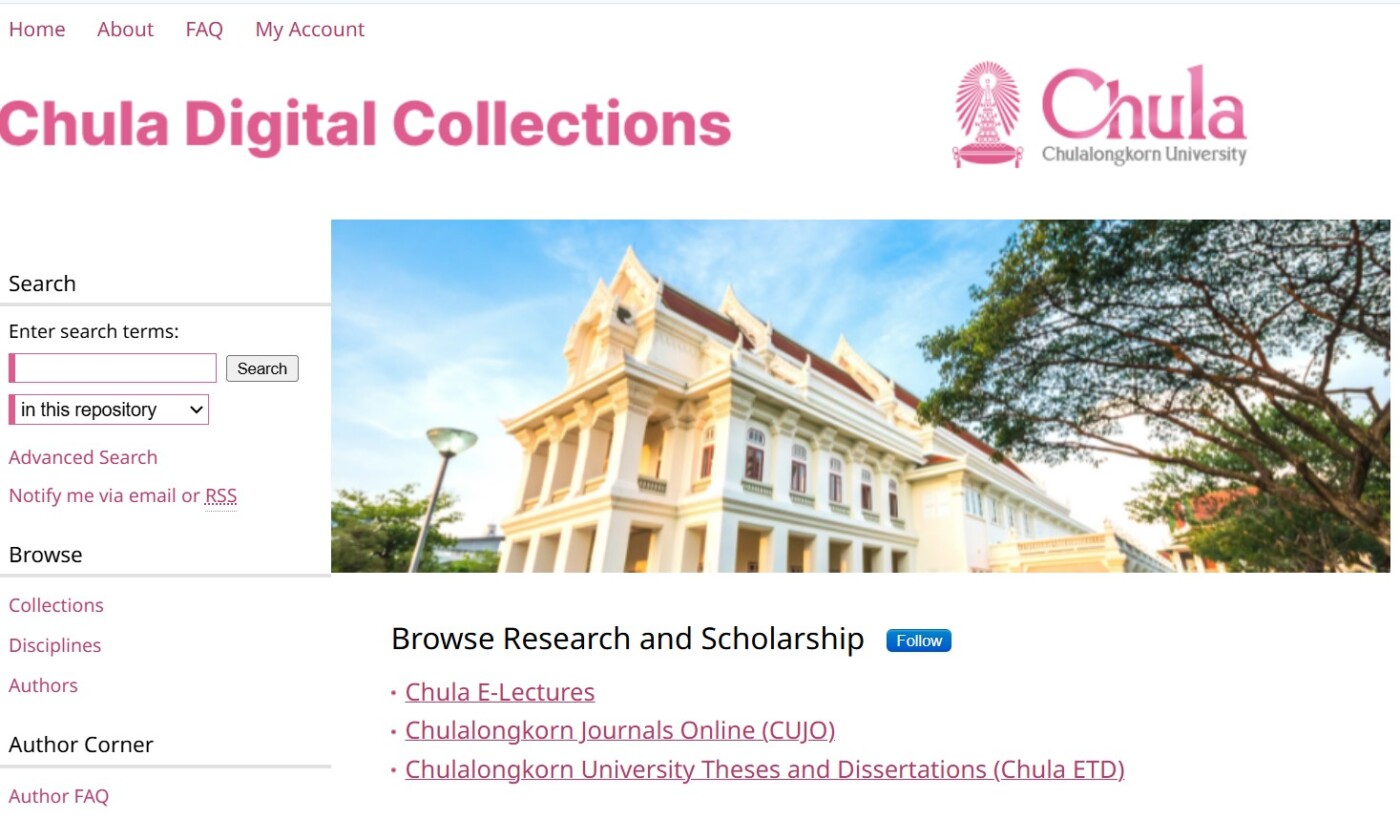Abstract
This qualitative research aimed to compare the operations of licensed private child care institutions in Thailand with the United Nations Guidelines for the Alternative Care of Children. A quota sampling method was used to select participants. Data were collected through semi-structured interviews with operators of six child welfare homes, as well as twelve parents or guardians who had either placed their children in these institutions or reintegrated them back into their families. The study found that private child welfare homes implemented practices that were both consistent with and divergent from the UN Guidelines. However, institutions that employed professional social workers tended to operate more closely in alignment with the Guidelines, particularly in the four focus areas of this study: gatekeeping to prevent unnecessary alternative care, individualized care planning, family reintegration, and family strengthening. The research recommends that the government and private child welfare institutions work to close the gap between current practices and the standards set forth in the UN Guidelines for the Alternative Care of Children.
Keywords Alternative Care, Institutional care, United Nations Guidelines for the Alternative Care of Children, Children welfare home
Author Kanthamanee Ladaphongphatthana Wiwat Thanapanyaworakun Andy Lillicrap
Methods: Qualitative studyQualitative research)
Journal Quality of Life and Law Journal
Year: 2022
For more information please click: https://so05.tci-thaijo.org/index.php/QLLJ/article/view/259971




